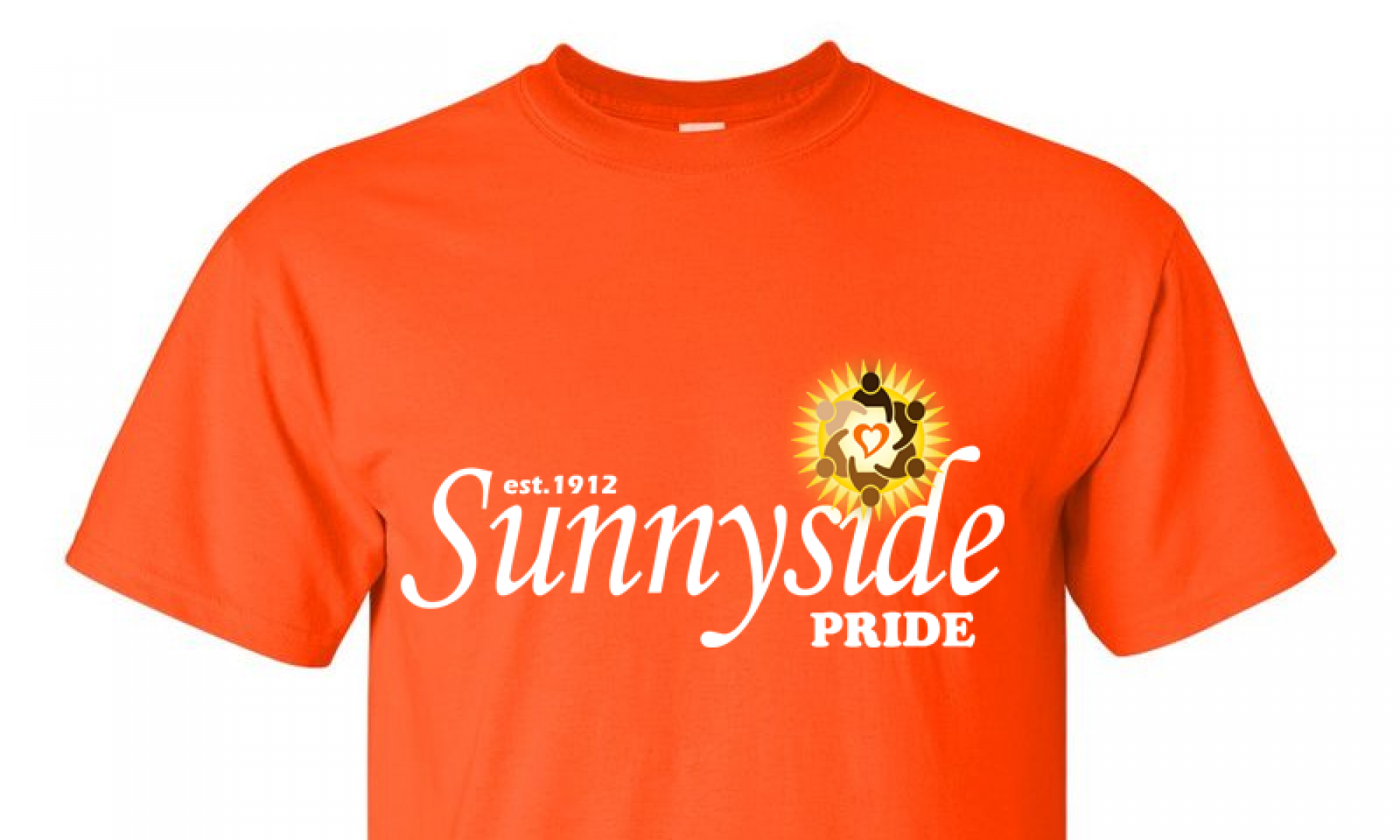Debates about the viability of school voucher programs have focused in recent months on programs with lackluster or spotty academic records. But there’s another issue raised by the potential expansion of public financing for private schools: an exacerbation of segregation.
A brief released Tuesday by the left-leaning Century Foundation takes a look at the limited research on race and school voucher programs to glean what expansion of these programs at the federal level would mean for student diversity. The brief’s results are mixed, but it posits that these programs slightly increase segregation in private and public schools.
The report comes after President Donald Trump’s proposed budget set aside $250 million for a still-opaque “private school choice program” and after Education Secretary Betsy DeVos claimed at her confirmation hearing that school choice programs lead to more integrated schools.
The history of school voucher programs is tied up with ideas of white supremacy. To avoid school desegregation as a result of 1954’s Brown v. Board of Education ruling, some Southern states created tuition grants to allow white students to attend all-white private schools in the 1960s. Some of these private schools still exist, though they are no longer specifically for white students.
White students continue to dominate private school demographics, in part because of this racist history, says Halley Potter, the Century Foundation fellow who wrote the brief. It’s a history that must be considered when looking at the future of these programs.
“It’s important to realize that a lot of people think about private school vouchers as providing more opportunities for students of color, but there’s also a trend borne out in the data that white families tend to use private school vouchers to leave diverse public schools to attend more white schools and religious families move to parochial schools. There’s a real sense of sorting there that promotes segregation,” Potter said.
There is a dearth of research that directly tracks school segregation as it relates to voucher programs. Potter’s study looks at available data from programs around the country and overseas and finds that these programs tend to slightly exacerbate issues of segregation, although the record is certainly uneven. This can happen when white students use these programs to leave schools where they are in the minority and go to schools where they are in the majority. In some instances, black students leave schools where they are in the majority to go to schools where they are similarly in the majority.
Many private schools that utilize vouchers in programs around the country are religious. They are not required to accept every student. They are allowed to maintain policies that restrict the enrollment of certain groups of students ― like LGBT kids. While some voucher programs are targeted to low-income students, others have a wider income threshold for participants.
DeVos has long championed voucher programs. Although Trump has emphasized his desire to expand private school choice options, it is unclear how exactly his administration will do so and whether or not it will be in the form of a voucher.
A previous study conducted by university researchers in 2006 also detailed how race can influence one’s views about school voucher programs. Among white families, the study found, “support for vouchers increases with the proportion of minority students in the local public schools.” This was not the case with non-white families. David Kirkland, an associate professor English and urban education at New York University, pointed to this study as evidence that school vouchers exacerbate white flight.
“It’s an essential part of American history,” said Kirkland. “People who can separate themselves, residentially or within the enterprise of education, usually do. We recognize this as a dark side of pure choice. People with elite status, power, usually choose to separate themselves from those of us with less power.”
It’s an essential part of American history. People who can separate themselves … usually do. We recognize this as a dark side of pure choice.
David Kirkland, New York University
On the flip side, the country’s first voucher program in Milwaukee was started by black leaders who felt that the public school system wasn’t adequately serving black students. Gerard Robinson, a resident fellow with the American Enterprise Institute, also noted that the phenomenon of public money going toward private schools existed in America long before Brown v. Board of Education.
“There are people who simply do not like private education and do not like public money going to private schools,” said Robinson, who writes in support of voucher programs. “It’s simply an opportunity for people to use their tax dollars to pay for education in a setting they believe works best for their children.”
Robinson, who had not seen the Century Foundation report, said that it is unfair to criticize private schools on issues of race when the nation’s public school system remains incredibly segregated. He noted other evidence that these programs actually lead to increased interaction among students of different races.
“If the public school system itself has not been able to do so, why are we going to stop students from going to private schools because somehow that leads to more segregation?” Robinson said.
— This feed and its contents are the property of The Huffington Post, and use is subject to our terms. It may be used for personal consumption, but may not be distributed on a website.
Source: HuffPost Black Voices
